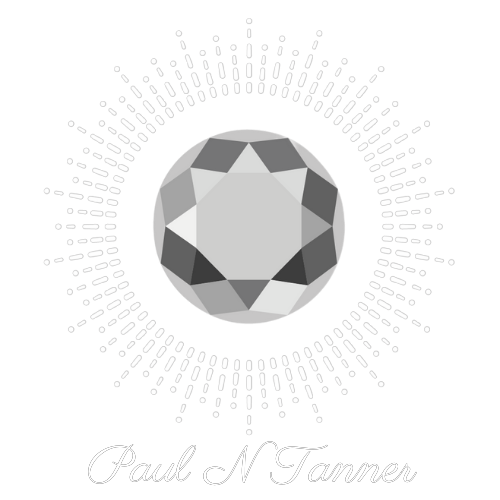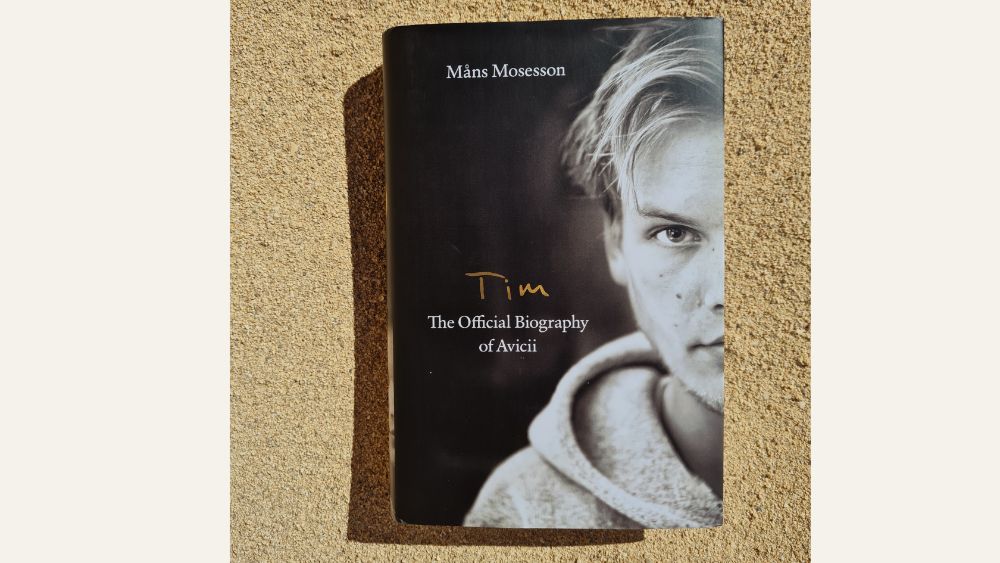Mental Health
Happiness is something all human beings naturally yearn for but in many lives it remains elusive. This is easy to explain in cases of external hardship, traumatic events or severe physical health problems. In our society, these difficult conditions in others give rise to a reaction of compassion, and a deep respect for those individuals who somehow thrive despite their circumstances. We see them as heroes.
Much harder to accept, understand and support are internal obstacles which arise in seemingly favourable lives where money, health and love of others abound. Mental health issues such as depression, stress overload, borderline personality disorder and compulsive behaviours of all typesseem to have no clear cause and thus become baffling. When these states develop and worsen, they introduce shadows of doubt into the person suffering and all those around them. We find ourselves bewildered and falling into blame – as if this suffering is somehow optional. That is when desperation begins. Whose fault is it? Why can’t I change? Why can’t my loved one change? Will power seems defeated. Blame and guilt contract our thinking and poison our hearts. It hurts, it hurts a lot.
Thankfully, help is available. Progress in healing these heart-breaking internal conditions and the dysfunction they cause has developed hugely in the last 50 years. A compassionate response has replaced confrontation as the proven most helpful approach in leading to meaningful change. Modern science, recent psychological research and evidence-based methods all combine to point to a path of real hope for sufferers of mental health issues and their families. Those plagued by internal issues and compulsive behaviours can become heroes of life too. Recovery really is possible. Our potential for transformation is huge.




